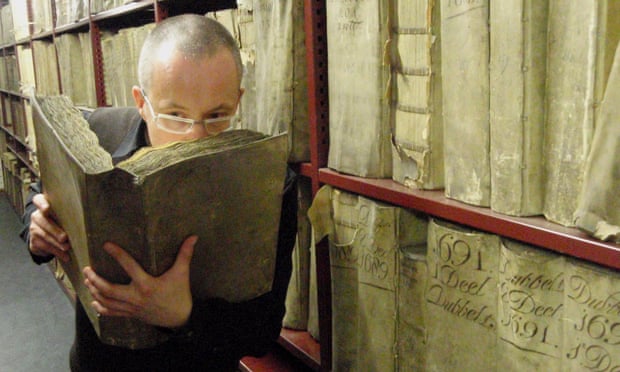


Scents of history: study hopes to recreate smells of old Europe
![]() Advanced
Advanced
2020/11/19 18:50
1. pungent (adj)
smelling or tasting very strong and sharp
2. harness (n)
a piece of equipment with straps and belts, used to control or hold in place a person, animal, or object
3. pongs (n)
an unpleasant smell
4. assailed (v)
to cause someone to experience a lot of unpleasant things
5. insights (n)
a clear, deep, and sometimes sudden understanding of a complicated problem or situation, or the ability to have such an understanding
6. incense (n)
a substance that is burned to produce a sweet smell, especially as part of a religious ceremony
7. stench (n)
a strong, unpleasant smell
Scents of history: study hopes to recreate smells of old Europe

From the pungent scent of a cigar to the gentle fragrance of roses, smells can transport us to days gone by. Now researchers are hoping to harness the pongs of the past to do just that.
Scientists, historians and experts in artificial intelligence across the UK and Europe have announced they are teaming up for a €2.8m project labelled “Odeuropa” to identify and even recreate the aromas that would have assailed noses between the 16th and early 20th centuries.
“Once you start looking at printed texts published in Europe since 1500 you will find loads of references to smell, from religious scents – like the smell of incense – through to things like tobacco,” said Dr William Tullett of Anglia Ruskin University in Cambridge, a member of the Odeuropa team and the author of Smell in Eighteenth-Century England.
The first step in the three-year project, which is due to begin in January, will be to develop artificial intelligence to screen historical texts in seven languages for descriptions of odours – and their context – as well as to spot aromatic items within images, such as paintings.
That information will be used to develop an online encyclopaedia of European smells, including potted biographies of particular odours, together with insights into the emotions and places associated with certain scents.
Tullett added that a key part of the project is to highlight how the meanings and uses of different smells have changed over time, something that shows in the history of tobacco.
The team say they plan to use their findings to work with chemists and perfumers to recreate the smells of the past, and explore how the odours can be delivered – alongside insights into their significance – to enhance the experience of visitors to museums and other heritage sites.
The team is not the first to engage the nostrils in the name of heritage – the Jorvik Viking Centre in York is famous for recreating the stench of the 10th century, a feature some have suggested makes a visit particularly memorable.
Resource: https://www.theguardian.com/science/2020/nov/17/scents-of-history-study-hopes-to-recreate-smells-of-old-europe

- Which smells today do you want to become history?
- Do you think the past smelt more or less fragrant than today?
- What do you think of the idea of historic smells?
On your journey, don't forget to smell the flowers. Take time out to notice that you're alive. You can only live in one day.










